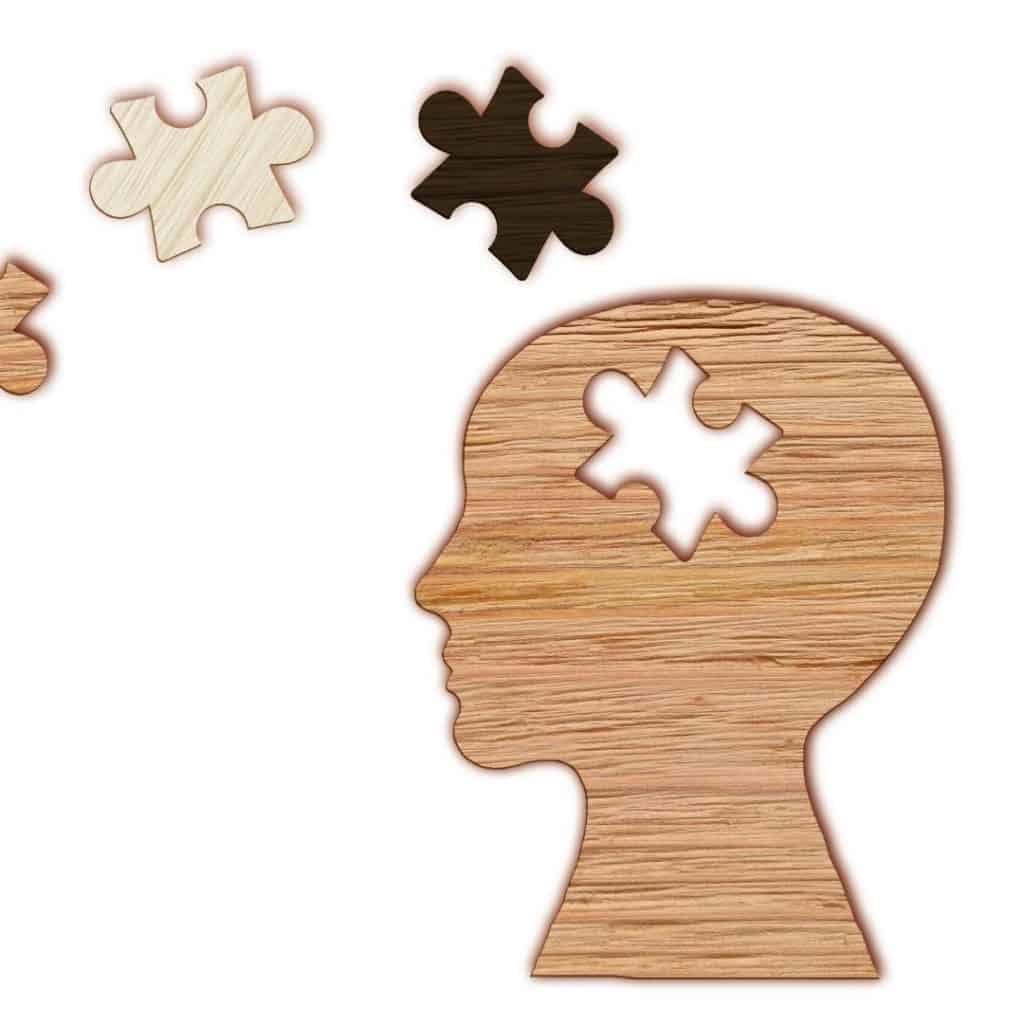When are you not “fine?”
It’s part of how we talk in Canada. Someone says, “Hi, how are you?” and you reply “Fine, thanks. How are you?” You don’t really want to know how someone is—you’re just being polite. And often you don’t really want to share how you are, nor should you in the course of a professional transaction or when meeting a casual acquaintance. But it’s helpful to recognize how you’re feeling and the most important person to acknowledge it to is yourself because mental health is significant to your overall health.
When you are not “fine,” it’s important to get support, especially when you’re in an occupation where your mental state can affect how safely you work.
What is Mental Health?
The term “mental health” seems to be everywhere these days but it’s often used as a reference to mental illness or mental health disorders, so it can be confusing. Put simply, mental health is the overall wellness of how you think, control your feelings, and behave. Your body is your physical health; your brain, emotions, and behaviour are your mental health. Your physical health has variations and so does your mental health. If you catch a cold, it means your physical health has been affected but you’ll get well. Similarly, if something happens that makes you angry, it means your mental health has been affected but you’ll recover.
Just as your body can develop a chronic condition, your mental health can develop a disorder. How do you know if you have one? That’s not an easy question to answer. You may have a mental disorder if you are stressed or have difficulty functioning because of changes in how you think, feel, or behave. However, cultural norms and expectations are a factor in defining mental health disorders. There is no standard measure across cultures for saying what is normal behaviour and what is a problem. In general, it comes down to how well you cope.
When You’re not Fine
You may think you’re just experiencing stress or having a few bad days. You may think things will change once you finish this trip, get through the holidays, have a drink. Don’t stay in that mindset. It’s true you may be going through a temporary difficulty, but it’s also true that your mental health may need a tune-up. Talk to your doctor or a mental health professional if you:
• have started struggling to get through the day or can’t deal with usual problems
• feel disconnected or don’t want to do regular activities, especially ones you usually enjoy
• feel extremely anxious, sad, or depressed, or don’t feel anything at all
• have started having extreme mood swings or anger, hostility, violent feelings/behaviour
• have unusual or “magical” thinking
• have thoughts of harming or killing yourself
Don’t feel you can, should, or have to do it on your own. You may not be able to see the issue objectively and need to readjust your thinking or you may have a medical issue that will benefit from medication. If you’re uncertain how to get started, there are many resources available to help you take that first step.
SafetyDriven has offered several free digital resources related to mental health. A well-received webinar on April 28, 2021, Mental Health—A Man’s Perspective presented the insights of a truck driver who faced mental health issues head-on and a professor of psychiatry who recognizes the difficult circumstances truck drivers face. The webinar is available for viewing.
Other helpful resources:
• HeadsUpGuys
• British Columbia Municipal Safety Association
• Canadian Mental Health Association
• Centre for Addiction and Mental Health
Don’t just get along with the voice in your head. Control what it says.
